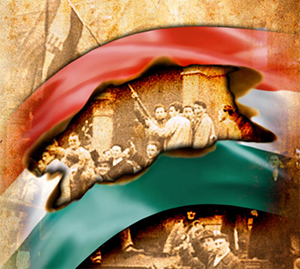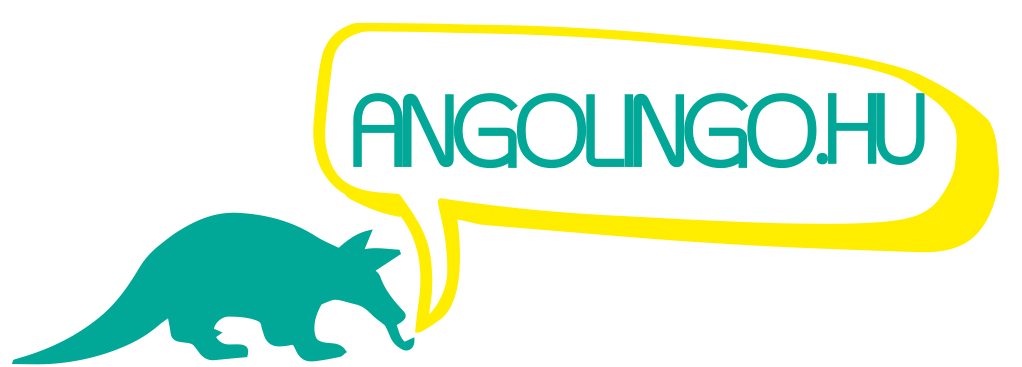Remembering October 23 - The Revolution of 1956

On this day, we commemorate the uprising that started on October 23, 1956.
How did it start?
Soviet dictator Stalin died in 1953. This resulted in the weakening of the Soviet Union and the resignation of Mátyás Rákosi, Hungary's communist leader. Moscow appointed Imre Nagy as the new prime minister, who promised to improve the standard of living in the country. People were pleased with the new directions of the government, however Rákosi convinced the Moscow party leadership to remove Nagy from power as he endangered the state of communist system.
Then people lost their patience.
Although Rákosi had been discharged again earlier, students of Budapest University of Technology decided to demonstrate on 23rd October 1956. They were inspired by earlier events in Poland and East Germany. They demanded the withdrawal of Soviet troops from the country, free elections and the reappointment of Imre Nagy as prime minister. The crowd kept growing, and by the evening of that day it has reached an estimated number of 200000 people.
Then things seemed to change for the better for a little while.
Imre Nagy was reinstated after protestors took control of the radio building. Soon, however, Soviet tanks appeared on the streets, and opened fire on the demonstrators. The Kossuth Square massacre on 25th October 1956 took the lives of around 800 people. The Soviet army started to pull out of the capital and Hungarian people felt it meant victory.
Then came 4th November.
It was the day when Soviet tanks reappeared on the streets of Budapest, and within seven days they took over the city again. Thousands of people were killed, most of whom were under 30 years old. Imre Nagy was executed two years later, and approximately 200000 people decided to flee the country to seek for a better future abroad.
The legacy.
Since the introduction of parlamentary democracy in 1989, October 23rd is a public holiday. Commemorations take place, schools, banks and workplaces are closed. The country can take a moment to think about the people who stood up for their freedom, and gave their lives. They are generally considered heroes, some of whom did not even reach adulthood.
| uprising | felkelés |
| revolution | forradalom |
| weakening | gyengülés |
| resignation | lemondás |
| leader | vezető |
| appoint as | valaminek kinevezni |
| prime minister | miniszterelnök |
| standard of living | életkörülmények |
| be pleased with | elégedettnek lenni |
| government | kormány |
| convince to | meggyőzni |
| endanger | veszélyeztet |
| discharge | elbocsátani |
| Budapest University of Technology | Budapesti Műszaki Egyetem |
| demonstrate | tüntetni |
| inspire | inspirálni |
| demand | követelni |
| withdrawal | kivonás |
| troops | seregek |
| free elections | szabad választások |
| reappointment | újrakinevezés |
| estimated | becsült |
| reinstate | újra beiktat |
| take control of / take over | átvenni az irányítást |
| execute | kivégezni |
| approximately | megközelítőleg |
| flee the country | elmenekülni az országból |
| parlamentary democracy | parlamentáris demokrácia |
| public holiday | nemzeti ünnep |
| commemoration | megemlékezés |
| take place | történik / megrendezésre kerül |
| stand up for | kiállni valamiért |
| be generally considered | általánosan valaminek tartják |
| reach adulthood | elérni a felnőttkort |
| legacy | örökség |

